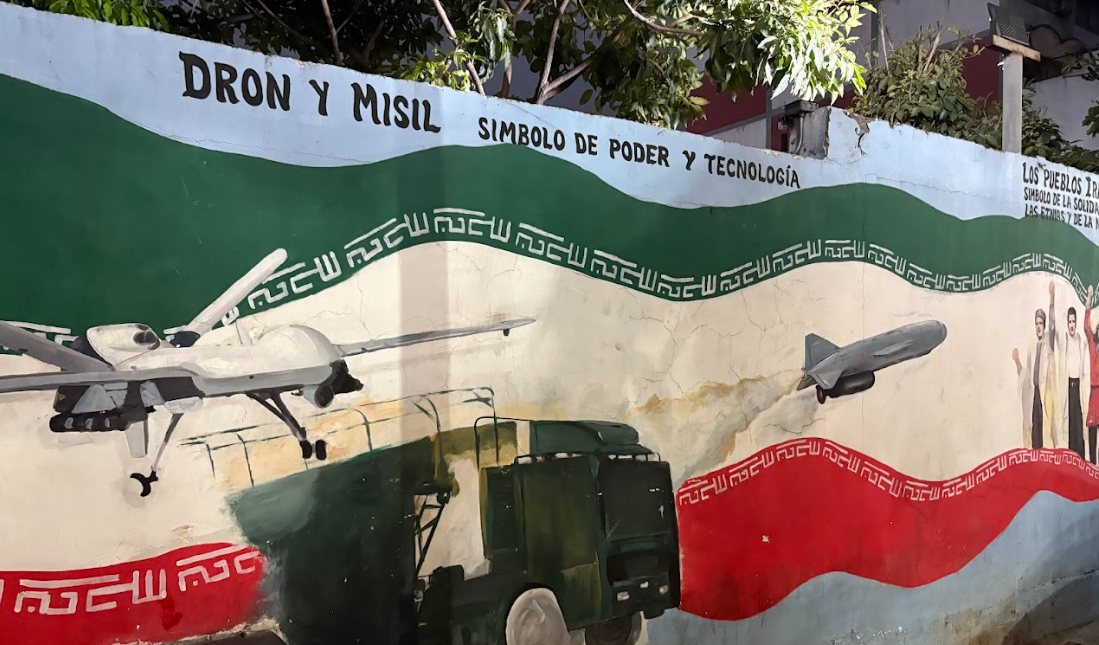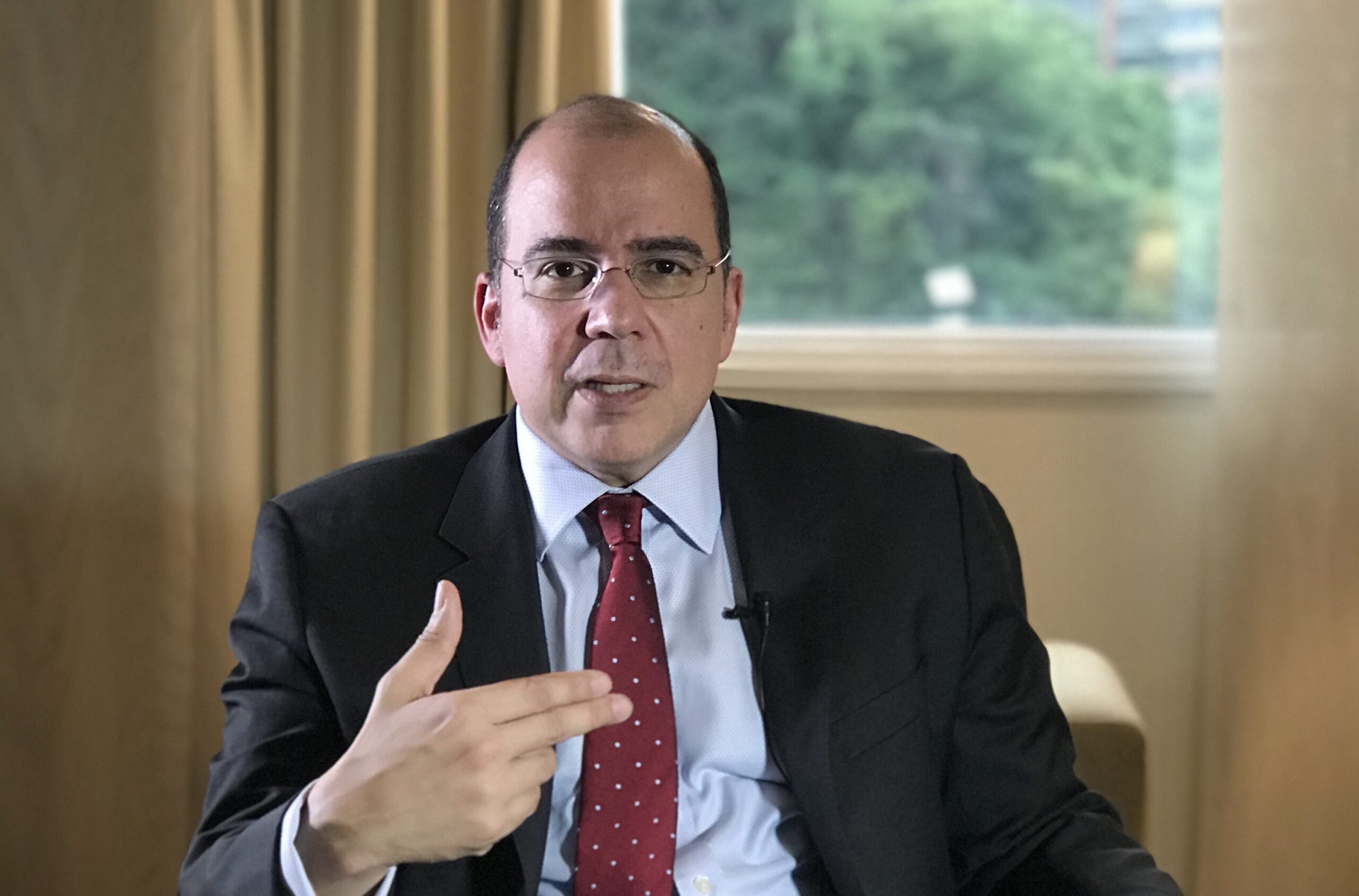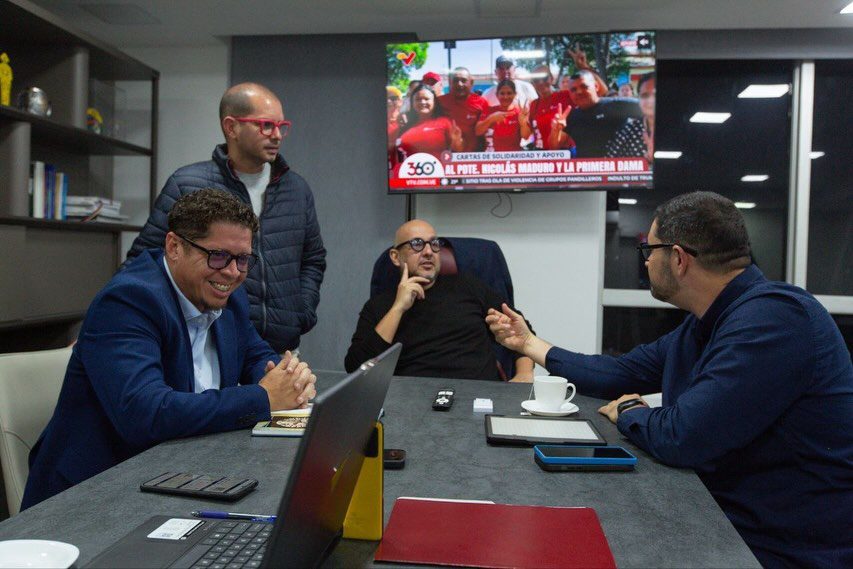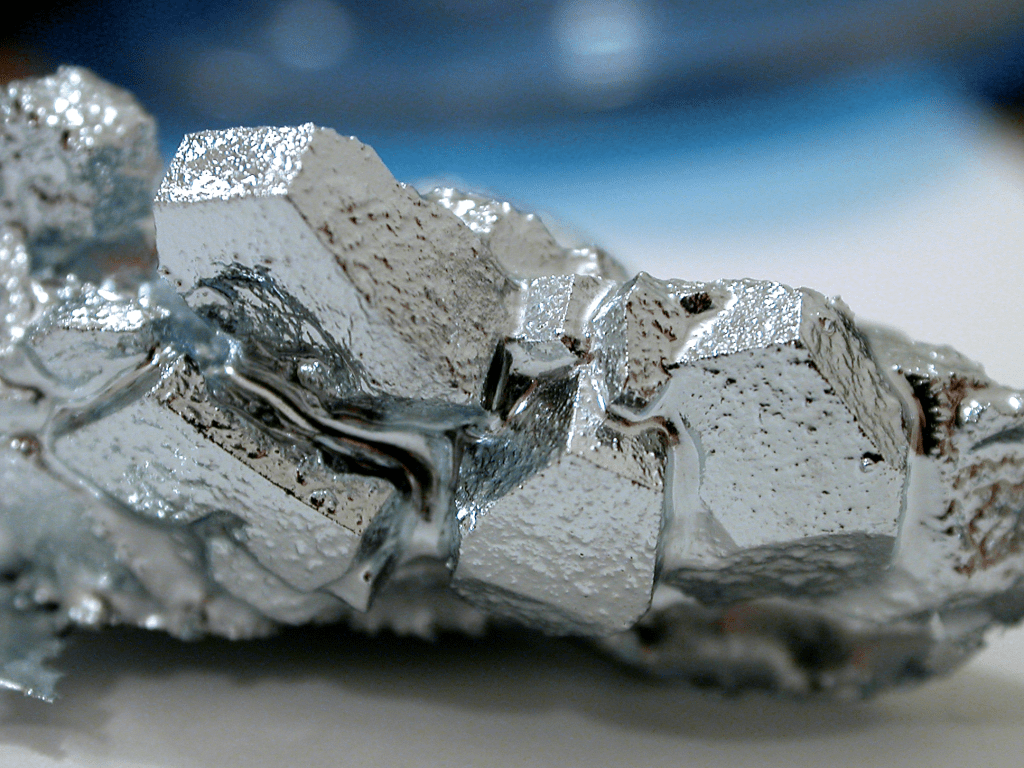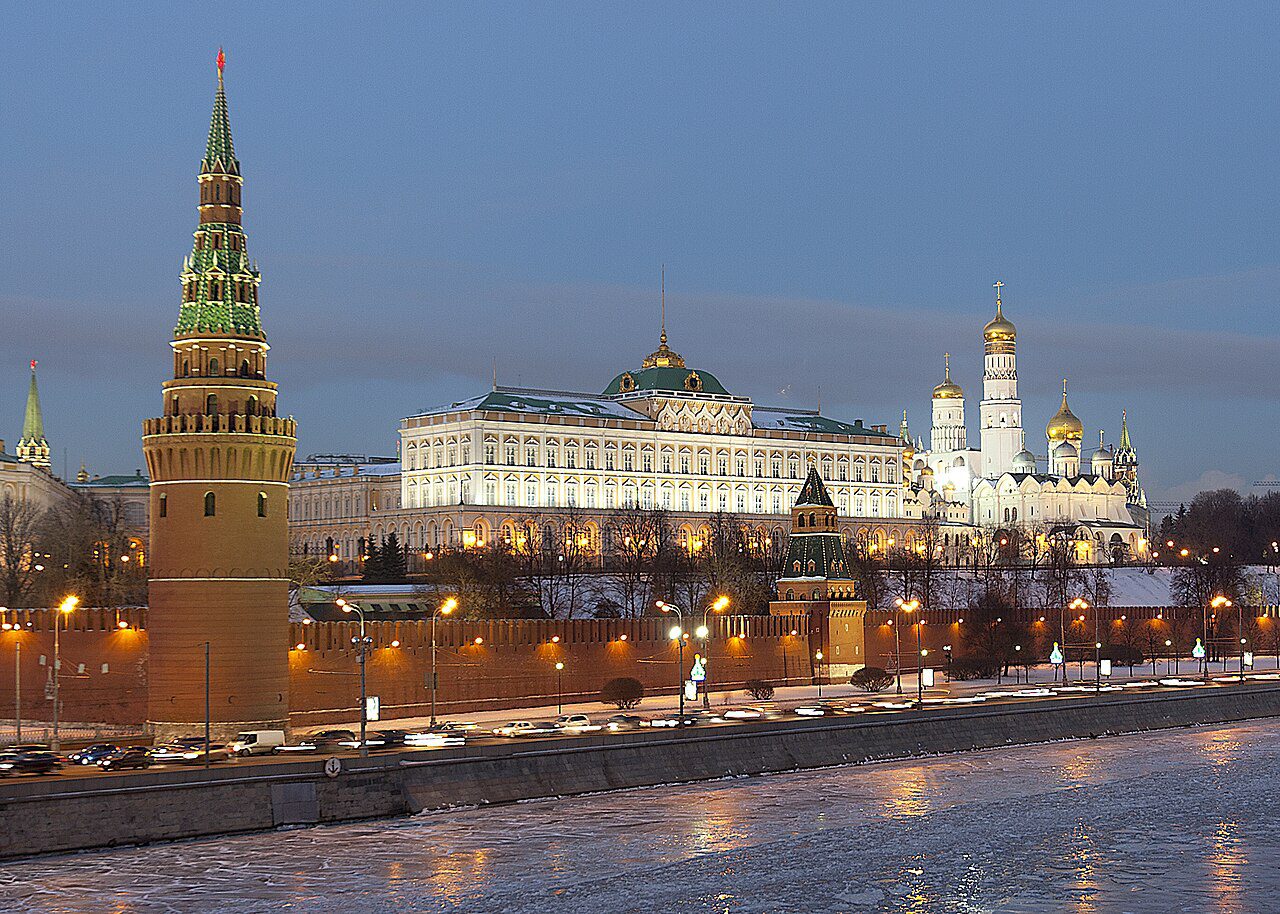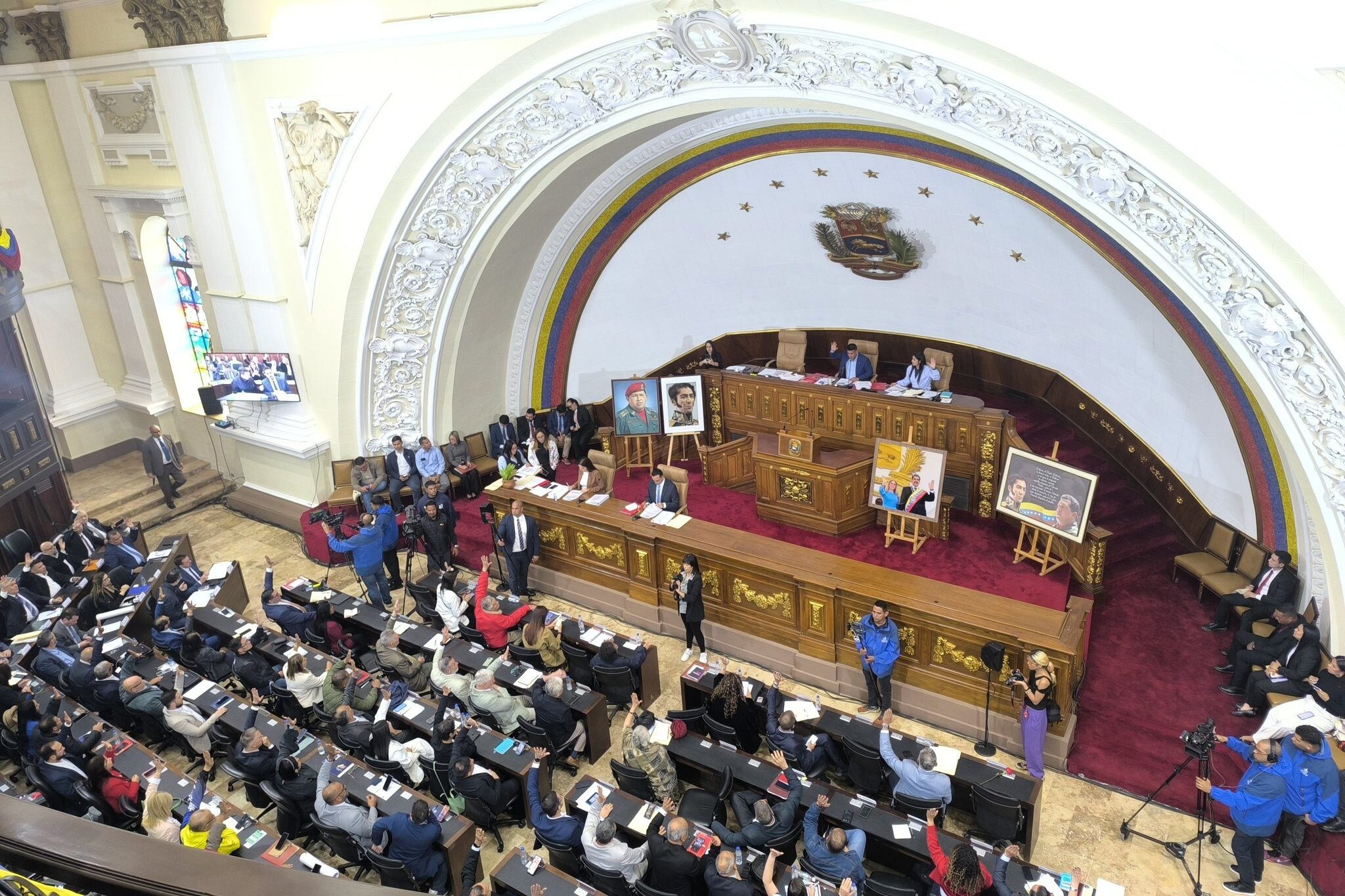A mural in downtown Caracas celebrates the alliance between Venezuela and Iran. Photo: Guacamaya.
Guacamaya, June 19, 2025. In 2025, the Middle East is once again at the center of a geopolitical storm that promises to have global repercussions. Tensions between Iran and Israel have been escalating, and everything could boil over into a direct confrontation between the two. The United States, which has traditionally played an active role in the region, has decided to increase its military presence, warning that it will do whatever is necessary if Israel is threatened.
But while all these events unfold, there’s a country on the far west of the map that may seem distant from it all: Venezuela. Despite dealing with its own internal issues—such as polarization, tensions in the Esequibo, a multidimensional crisis, and an economy battered by sanctions—Caracas cannot ignore what is happening in that part of the world.
The Chávez Era and His Foreign Policy Toward the Middle East
The history of Venezuelan foreign policy has been marked by a clear opposition to the liberal order upheld by Western powers. Since Hugo Chávez came to power in 1999, he adopted a critical and defiant stance. It’s worth recalling that in the year 2000, Chávez was the first leader to visit Saddam Hussein after the Gulf War in 1991. It was a key move and was presented as an epic experience: he traveled to Iraq by land from Iran to avoid the air embargo imposed by the UN. Some in Washington saw this as an insult, while Chávez viewed it as an act of defiance against U.S. hegemony.
From Baghdad, he openly criticized the isolation policy that the United States was imposing on Iraq and described Washington’s reactions as a “lack of respect for the Venezuelan people.”
Venezuela’s situation has always had its contradictions. At that time, it was the largest oil exporter to the United States, which illustrates the complicated relationship between disagreeing with a power and economically depending on it.
In 2006, Venezuela was admitted as an observer state of the Arab League, and Hugo Chávez sought to draw even closer to the region, supporting Palestine and criticizing Israel.
Later, years afterward, during the uprising against Muammar Gaddafi in Libya, Chávez proposed a mediation initiative backed by the African Union. The Libyan opposition rejected it. From Caracas, it was denounced that the United States and Europe sought to seize Libya’s energy resources. In 2011, NATO’s intervention deeply disillusioned him.
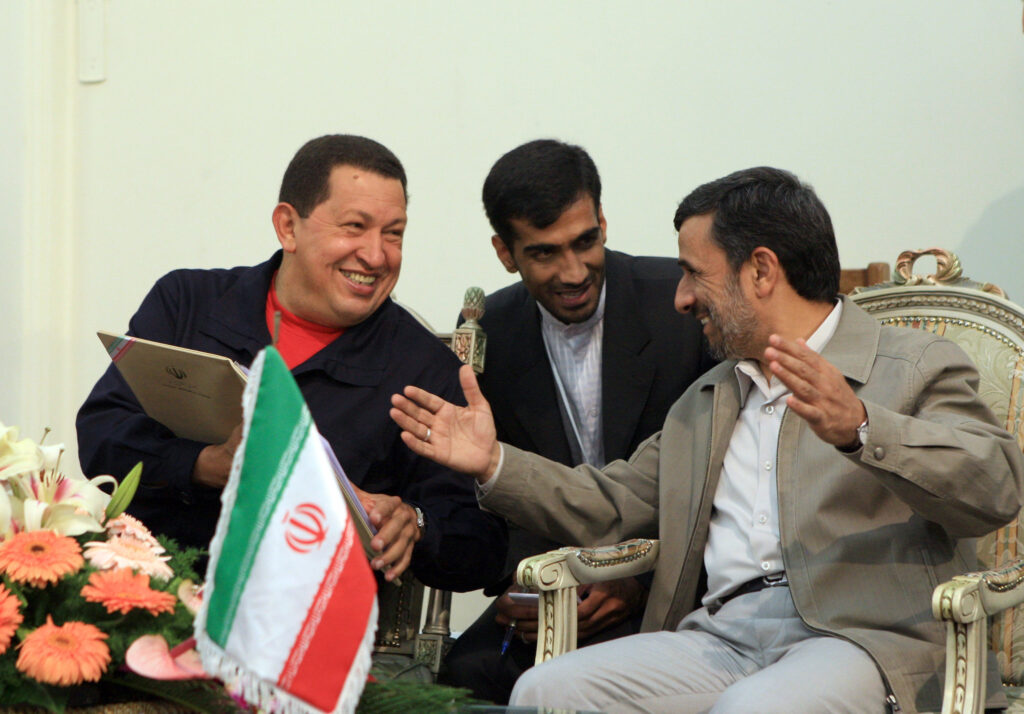
Maduro and Chávez: The Same Foreign Policy Foundation, Two Different Contexts
In contrast, Nicolás Maduro, Chávez’s successor, has had to adopt a more pragmatic approach due to a different context both externally and internally. After facing intense pressure during the Trump administration, he realized that engaging in dialogue with Washington and Brussels did not necessarily mean severing ties with Russia and Iran. During the early months of the war in Ukraine, although he verbally supported Russia, he did not officially recognize the republics of Donetsk and Luhansk—a shrewd move and one different from what Hugo Chávez did, for example, during the war in Georgia in 2008, when Venezuela became one of the few countries to recognize South Ossetia and Abkhazia as republics. As the energy crisis in Europe deepened, Caracas found itself receiving visits from U.S. officials after years of coldness and hostility.
In that sense, the war in Ukraine was a turning point. Although Maduro’s government showed support for Russia, it avoided more committed steps like officially recognizing the Donetsk and Luhansk republics.
That gesture was no coincidence. In the early months of the conflict, U.S. delegations visited Caracas. A negotiation process began there that allowed for the partial reactivation of the oil industry, with companies like Chevron operating under special licenses.
The lesson was clear: being flexible does not mean giving up on principles, but it can open valuable doors. In a changing world, pragmatism became a tool for survival.
It is worth noting that all this experience could influence how Venezuela reacts if a major battle between Iran and Israel breaks out. It is likely that Maduro will express rhetorical support for Tehran, alluding to sovereignty and non-intervention, but without fully throwing himself in as Chávez did in the past with Libya or Iraq, when he sought to play a more active role, taking advantage of the regional leadership he once had—a very different situation from Maduro’s today.
What Is the Venezuelan Opposition’s Stance on the Middle East?
It is curious to observe how the opposition, which has long been at odds with the government, has a completely different vision of foreign policy, and the Middle East may be where this contrast is most evident. To begin with, the opposition has traditionally sought to strengthen ties with the United States and Europe.
Recently, Edmundo González Urrutia met with Israel’s Foreign Minister, Gideon Saar, who invited him to officially visit Israel, in a meeting that the “Con Venezuela” campaign described as historic. For her part, María Corina Machado and her party Vente Venezuela maintain ties and cooperation agreements with the Likud party, led by Benjamin Netanyahu.
In 2009, those contrasts with Chavismo’s foreign policy were already visible, when opposition sectors criticized and protested Iranian President Ahmadinejad’s visit to Caracas—at a time when Chávez was breaking relations with Israel over its military offensive in Gaza.
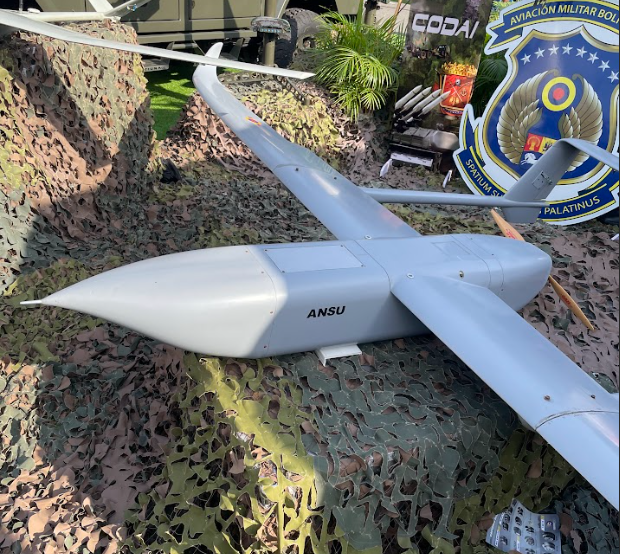
Cooperation Between Iran and Venezuela
Faced with an international system that excludes them both, Iran and Venezuela have found creative ways to cooperate. The relationship between Venezuela and Iran is not merely ideological. They have worked together in the energy sector to withstand sanctions. Despite these efforts to keep production going, any conflict in the region could put this alliance at risk and leave Venezuela more vulnerable than it already is.
Tehran has supplied key chemical components for gasoline refining in Venezuela. They have also traded oil: Iran provided light crude and diluents, vital for processing Venezuela’s tar-like crude. Then, the finished product was sold to China at deep discounts.
Already during the conflict between Russia and Ukraine, Venezuela suffered direct consequences from Moscow’s exclusion from the international financial system. According to Ecoanalítica, the Russian financial system handled nearly 60% of Venezuelan exports, and it later delivered cash dollars to PDVSA. This is just one example of the implications the Ukraine war had for Venezuela.
In this regard, Venezuela—being a sanctioned country under isolation pressure—is dependent on its few political alliances. Therefore, any conflict involving these allies will in some way affect Caracas and its authorities.
What Are the Implications of the Strait of Hormuz and the Threat of Global Chokepoints for Venezuela?
Speaking of the Strait of Hormuz, it’s key to mention that about 20% of the world’s oil passes through it. If Iran were to close that route, we could see a drastic increase in crude prices. However, even if that were to happen, Venezuela’s ability to benefit is limited due to its internal problems and the sanctions it faces. Production has been declining, and access to financing is nearly nonexistent.
For Venezuela, this might seem like a blessing—high prices mean more revenue. But the reality is different. With its depressed production, ongoing sanctions, and limited markets, the country is in no position to capitalize on a global oil boom. Still, countries like China—currently Iran’s largest buyer—could increase their demand for Venezuelan crude, although routes to Asia could be affected if a broader armed conflict arises, which may have repercussions on transportation and logistics costs.
An energy crisis, of course, will always have implications for the country with the world’s largest proven oil reserves, potentially shaping a different dynamic in its relationship with various internal and external actors.
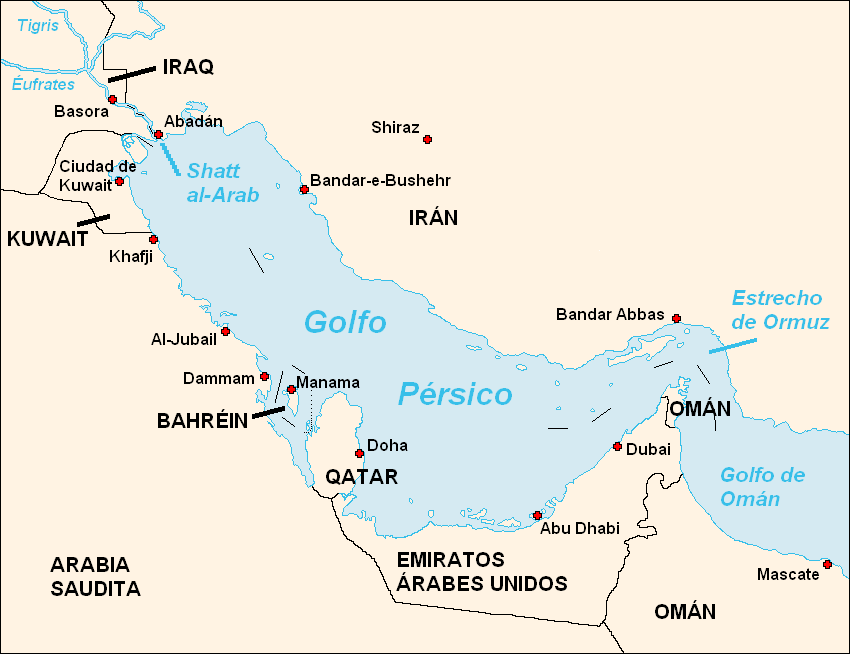
And What If Iran Leaves the NPT?
An Iranian withdrawal from the Nuclear Non-Proliferation Treaty could redefine the entire board. North Korea took that path in 2003 and is now an actor with deterrent capability. Libya, on the other hand, gave up its program and was overthrown shortly after. In that sense, the current situation—if Iran manages to resist—could end up integrating it fully into the cooperation axis being built by Russia and North Korea, forming an axis of sanctioned and isolated countries to which Venezuela will surely pay close attention if it continues to face increased pressure from Washington.
Ultimately, Venezuela is watching events unfold and weighing its own strategy. The divide between the government and the opposition could become even more evident if the situation between Iran and Israel worsens. While the government will aim to maintain its rhetoric of resistance, the opposition will seek to align with powers like Israel and the United States to denounce Caracas’ ties to Tehran.
Within the United States, positions are also split. The neoconservative sector, led by Marco Rubio, close to María Corina Machado and aligned with the hardline wing of the Venezuelan opposition, pushes for the return of harsher sanctions and greater isolation. But another current within Trumpism, represented by figures like Richard Grenell—Special Envoy for Venezuela and North Korea—advocates for a more pragmatic approach. Even influential voices like Tucker Carlson have warned against a new intervention in the Middle East.
The sector of the Venezuelan opposition led by María Corina Machado will likely see this as an opportunity to link Maduro with Iran, supported by neoconservative sectors, to justify increased pressure on the country.
In that sense, it is not out of the question that the Trump administration sector that has favored an understanding with Caracas may see in this conflict an opportunity to once again propose its thesis of maintaining a U.S. presence in the Venezuelan energy market, given that the Russian and Iranian markets would be sanctioned, and with two countries in open war against another state. However, the situation within the MAGA coalition itself may face deeper rifts and an open clash with neoconservatives, making the situation even more unstable.
The struggle between Iran and Israel could elevate global conflicts to a new level. In this context, Venezuela finds itself in a delicate position, walking a line between seizing opportunities and confronting risks. Changes in the Strait of Hormuz, while potentially beneficial in theory, face a harsh reality due to the sanctions that continue to constrain Venezuela’s oil industry. The situation is complex, and every step Maduro decides to take will have to be carefully calculated—especially as the opposition seeks to build its own international relationships amid this chaos.

